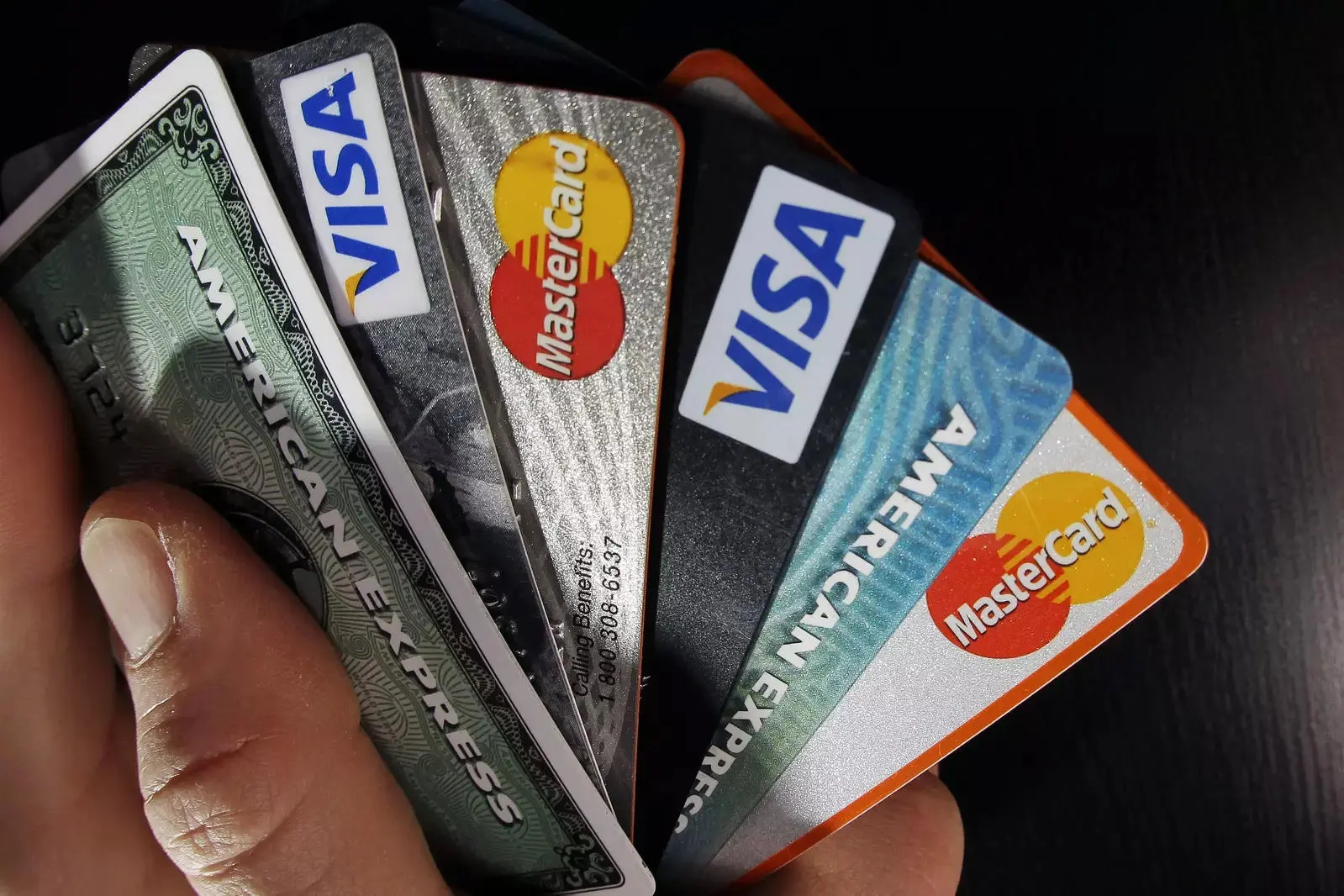Do you have a shortage of cash and need quick funding from the credit card? Indeed, you can avail of short-term money funding in the form of a cash advancement from the best credit card you have!
Transferring money from your credit card to a debit card is as easy as transferring money between bank accounts. The process is easy to follow. All you need to do is follow this guide. Read on to explore what to consider and how to transfer funds from a credit to a debit card. Learn more about the type of fees involved in the process and the alternatives you might try.
Get A Money Transfer Credit Card:
A money transfer credit card comes with additional facilities than a standard credit card, such as
- It allows the money transfer from your credit to your debit card/bank account.
- It charges less money transfer fees, depending upon the credit card issuer.
- It doesn’t charge additional interest on the transfer amount for an agreed period.
For the above reasons, you should get a money transfer credit card to make a credit balance advance request with lesser processing charges. However, you can also use any regular credit card to take out a certain amount of funds against your line of credit. These cash advances might come with higher processing fees.
Required Details From The Cardholder To Make A Transfer:
While making the transfer request, the cardholder is asked to provide the following information:
- Display name on the credit card
- Credit card number and expiration date
- Debit card details (to which the money will be transferred to)
- Bank account details ((to which the money will be credited)
Factors to Consider Before The Money Transfer:
- Cap/Cash Advance: Credit Cards usually allow either capital on cash advancement. The money advance limit depends on the credit card issuing bank’s rules and regulations.
- Physical Transfer: To make a physical transfer, you must visit the credit card issuing authority in person. You can take a cash advance from an ATM or raise a money transfer from your credit card to your bank account.
- Impact on the Credit Score: The good news is, if you repay the money advancement within the given time, your credit score is not impacted.
- No extra rewards: Once you use your credit card to take money in advance, you won’t earn extra rewards points from the credit card issuer.
How To Make The Money Transfer?
Are you wondering how to transfer money from a credit card to a bank account? The process is similar to the online money transfer process:
- Log in to the credit card issuer’s website with the cardholder’s details.
- Request an online money transfer and provide the details of the debit card and associated bank account where you want to send money.
- Confirm the transfer amount you want to send by considering the available credit balance.
- Complete the transaction by confirming your identity through the authentication process.
- Check both sides to confirm whether the money was successfully credited.
This way, you can transfer any credit amount to yourself or any other debit card holder within seconds.
Also Read: Effective Ways To Pay Off Your Credit Card Bill Faster
Money Transfer Charges Involved In The Process:
- Cash Advance Fees: The Cash Advance Fees vary depending on the credit card issuer. You will be charged minimal cash advancement fees based on the transfer amount for one time only.
- Cash Advance APR: APR or Annual Percentage Rate (APR) fees are paid to the credit card issuer only once a year. You receive a grace period to pay out the money advance, during which you won’t be charged additional interest. After that, you’ll be charged interest costs based on the cash advance amount.
- Transaction/Processing charges: If the cash advance amount is enormous, the credit card issuer might charge you with one-time transactions or processing fees.
Credit to Debit Money Transfer Alternatives:
Transferring money from your credit card to a debit card through net banking is the easiest. However, there are alternative methods that you can use to make a money transfer:
- Write a cheque: You can write a cheque to the credit card issuer company to deposit a debit card or a bank account.
- Withdraw cash from the ATM: You can use your best credit card cash limit to withdraw funds from a nearby ATM. Enter the credit card, the withdrawal amount, and the credit card pin, and confirm to complete the transaction.
- Use a payment app: You can transfer money from a credit to a debit card using popular payment apps, such as CRED, PayPal, PayTM, etc. All you need to do is link your credit card and send money to any debit card holder you wish.
The Takeaway: Is It Safe to Transfer From a Credit to a Debit Card?
Transferring money from a credit to a debit card simply means taking a cash advance. It is quick, easy to follow, and secure. The trade-off is that you are charged cash advance fees, interest charges, and transaction fees.
Now that you know how to transfer money from credit card to bank account, make the right decision! Be careful while taking cash advances, as this might affect your credit utilisation or credit score.
